In a detailed guidance, AMSA highlights the importance of providing adequate sources at a company level to manage the risks of fatigue. Duty scheduling and planning to control work and rest hours is one of the critical issues in managing fatigue.
In particular, planning duty schedules based on fatigue science and operational requirements allows for predictive identification of fatigue hazards. In turn, this assists in allocating adequate rest periods that provide sufficient opportunity for sleep. It is important to calculate, on average, whether a given duty schedule enables adequate sleep opportunity.
Ensuring seafarers have adequate opportunities to sleep is of outmost importance, however, it cannot be assumed that simply allocating a rest period from duty will provide an adequate level of sleep and recovery, AMSA mentions.
7 key considerations on duty scheduling
- Work hours: Administrative work, shipboard drills, training, vessel loading & unloading tasks may affect seafarers’ sleep.
- Rest hours: The interval between two successive work periods should allow sufficient time to obtain adequate sleep.
- Night watches: Seafarers working during the night can experience severe performance degradation.
- Short rest breaks within work: Task rotations and substitutions can reduce the ‘time-on-task’ effect
- Naps: Improve performance and alertness and outweigh the potential risks associated with sleep inertia
- Recovery sleep: Seafarers can work safely across a given duty, and return to the next work period sufficiently recovered
- Reset breaks: Long periods of rest or extended leave is a factor to consider when determining crew rotation
9 tips for effective work schedule design
#1 Plan duty schedules based on the actual hours worked
#2 Develop a work week that does not exceed 70 hours
#3 Minimise occasions in which seafarers work <12 hours in a duty period per 24 hours
#4 Avoid working arrangements that provide incentives to work excessive hours
#5 Account for ‘covering’ contingencies caused by sea sickness or illnesses
#6 Use forward rotation such as day-afternoon-night shift changes
#7 Use fatigue assessment tools and/or fatigue prediction software
#8 Eliminate the use of night time work for non-essential tasks or activities (i.e. between 0000–0600)
#9 Schedule complex tasks for daytime (i.e. not between 0200–0600)








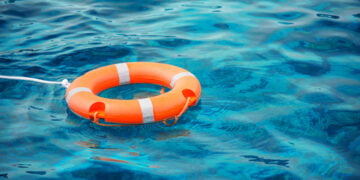







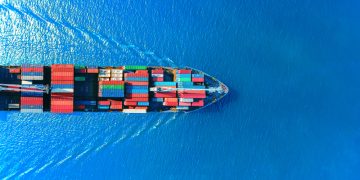






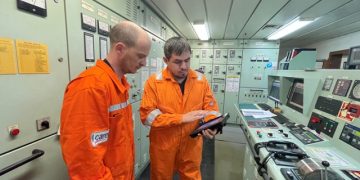


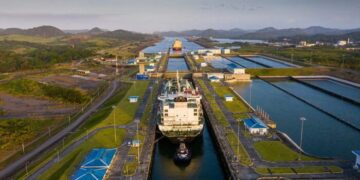
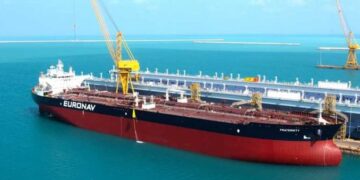









































































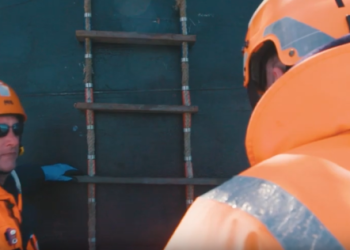
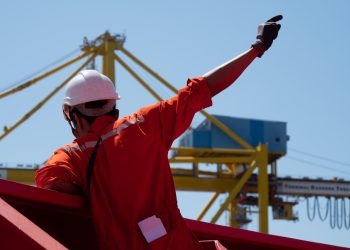
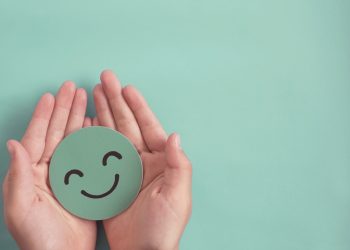






















Good day,
How can eliminate the commercial pressure over the Master ! all written about the safety are theoratically perfect but reality is little different than written. For example a chemical tanker, short voyages, different cargoes, frequent port calls and all operations , navigation watches, berthing/unberthing, pilotages, tank cleanings, fast cargo operations … etc. 30-40 years ago , more crew were employed on board but now vessels are operated less crew because of automation vessels , there is no any backup crew for fatique one so rest period records are how much reflect the true ! Automation is making the life easier but not preventing accidents even causes accidents due to overtrust to equipments and sensors.